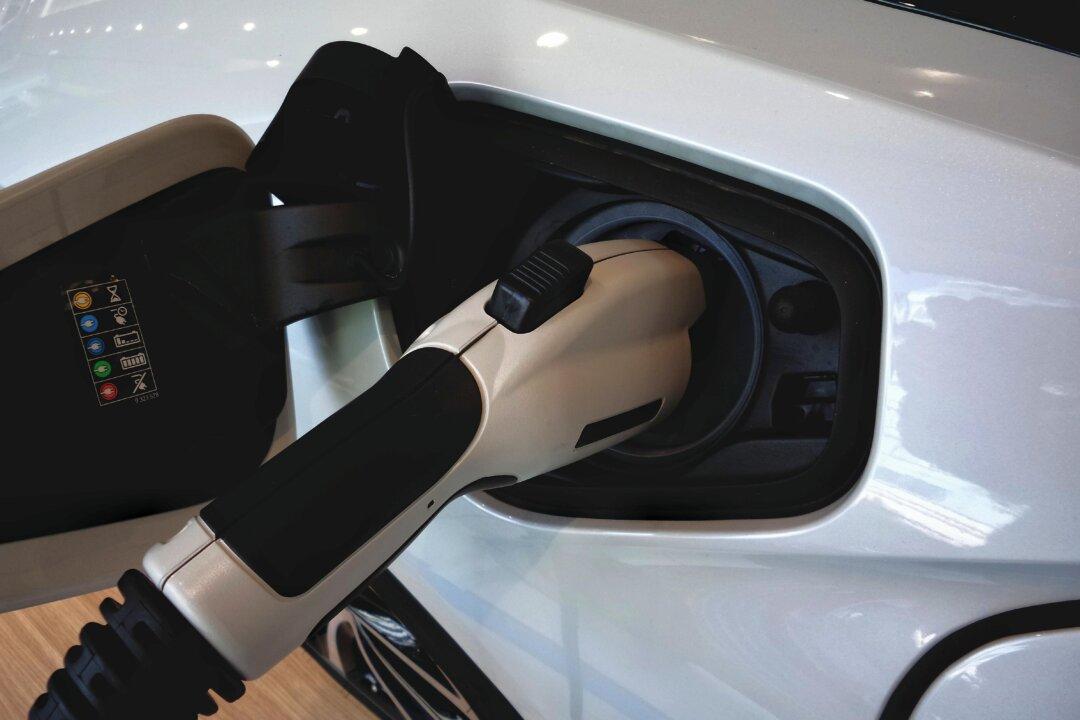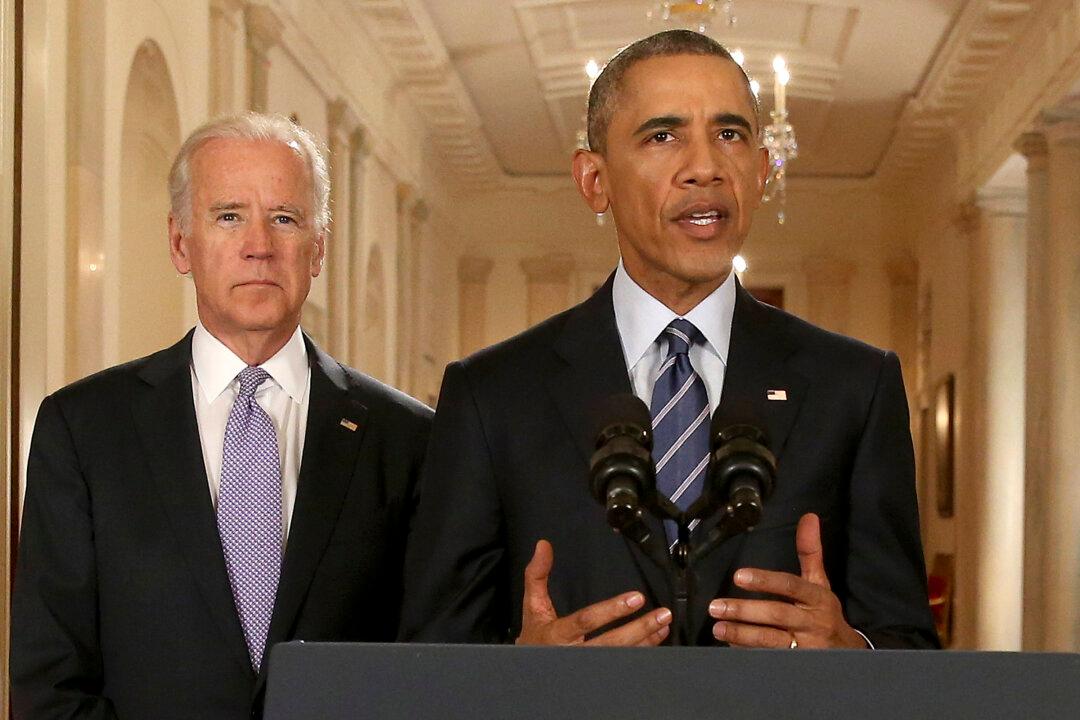Commentary
President Joe Biden is set to “transform” and “remake” the entire auto industry—“first with carrots, now with sticks”—notes the Washington Post, as if dictating the output of a major industry is within the governing purview of the executive branch. The Environmental Protection Agency (EPA) is proposing draconian emissions limits for vehicles, ensuring that 67 percent of all new passenger cars and trucks produced within nine years will be electric. This is state coercion. It is undemocratic. We are not governed; we are managed.





